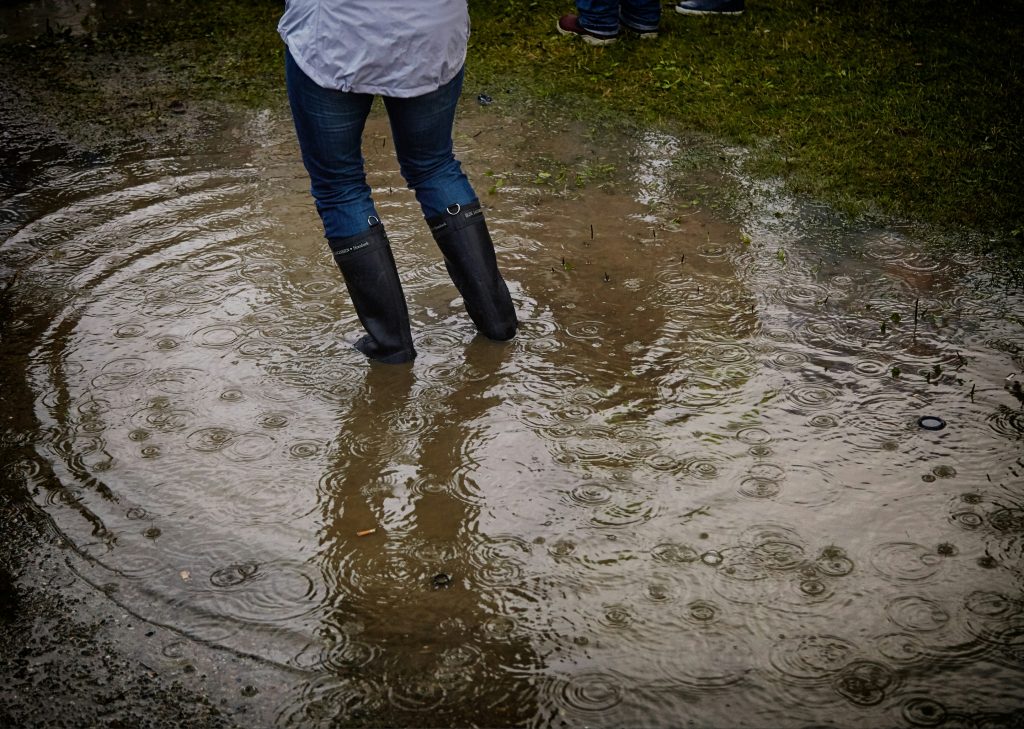 In a recent Louisiana Court of Appeal case, Schroeder v. Hanover Insurance Company, et al., the court delved into the complexities of slip-and-fall cases and the crucial role of adequate warnings in determining a business’s liability. This decision highlights the importance of understanding merchant liability laws in Louisiana and how the presence of warning signs can significantly impact a personal injury claim.
In a recent Louisiana Court of Appeal case, Schroeder v. Hanover Insurance Company, et al., the court delved into the complexities of slip-and-fall cases and the crucial role of adequate warnings in determining a business’s liability. This decision highlights the importance of understanding merchant liability laws in Louisiana and how the presence of warning signs can significantly impact a personal injury claim.
Sybil Schroeder slipped and fell in the restroom of a travel plaza, sustaining injuries. She sued the travel plaza and its insurer, claiming they were negligent in maintaining a safe environment. However, she admitted in her deposition that she had noticed two “wet floor” signs before entering the restroom.
The defendants filed a motion for summary judgment, arguing that the presence of these signs demonstrated they had exercised reasonable care. The trial court initially denied the motion, but the Court of Appeal reversed this decision.
The Court of Appeal focused on the requirements for proving merchant liability under Louisiana law. A claimant must demonstrate that:
- The condition presented an unreasonable risk of harm.
- The merchant created or had actual or constructive notice of the condition.
- The merchant failed to exercise reasonable care.
The court emphasized that the presence of “wet floor” signs can be a significant factor in determining whether a merchant has exercised reasonable care. In this case, Schroeder admitted seeing the signs, indicating she was aware of the potential hazard.
The court also addressed Schroeder’s argument that the excessive amount of water and soap on the floor created an unreasonable risk, even with the warning signs. However, the court found no evidence to support this claim.
Ultimately, the Court of Appeal concluded that Schroeder failed to produce factual support demonstrating the travel plaza’s negligence. Therefore, it reversed the trial court’s decision and granted summary judgment in favor of the defendants.
Key Takeaways:
- Merchant Liability in Louisiana: In slip and fall cases, the injured party (claimant) has the burden of proving the merchant’s negligence. This includes demonstrating that the merchant knew or should have known about the hazard and failed to take reasonable steps to address it.
- The Power of Warning Signs: The presence of clearly visible warning signs, like “wet floor” signs, can be a strong defense for businesses in slip and fall cases. It demonstrates that they took reasonable steps to alert customers of potential hazards.
- Summary Judgment and Factual Disputes: Summary judgment is appropriate when there are no genuine issues of material fact. If the evidence clearly shows that the merchant exercised reasonable care, the court can dismiss the case without a trial.
The Schroeder case highlights the importance of adequate warnings in premises liability cases. While slip and fall accidents can lead to serious injuries, the presence of clear warning signs can significantly impact the outcome of a lawsuit. If you’ve been injured in a slip and fall, consulting an experienced personal injury attorney is crucial. They can assess the specifics of your case, help gather evidence, and determine the best course of action.
Remember, even in seemingly straightforward cases, the legal complexities can be significant. Having a knowledgeable advocate on your side can make all the difference in securing the compensation you deserve.
Additional Sources: SYBIL SCHROEDER VERSUS HANOVER INSURANCE COMPANY, ET AL
Written by Berniard Law Firm
Other Berniard Law Firm Articles on Slip and Fall Lawsuits: Factual Disputes About Company’s Procedures Preclude Summary Judgment in Slip and Fall Lawsuit and Can a business be liable if a patron slips and falls on a wet walkway?
 Louisiana Personal Injury Lawyer Blog
Louisiana Personal Injury Lawyer Blog

